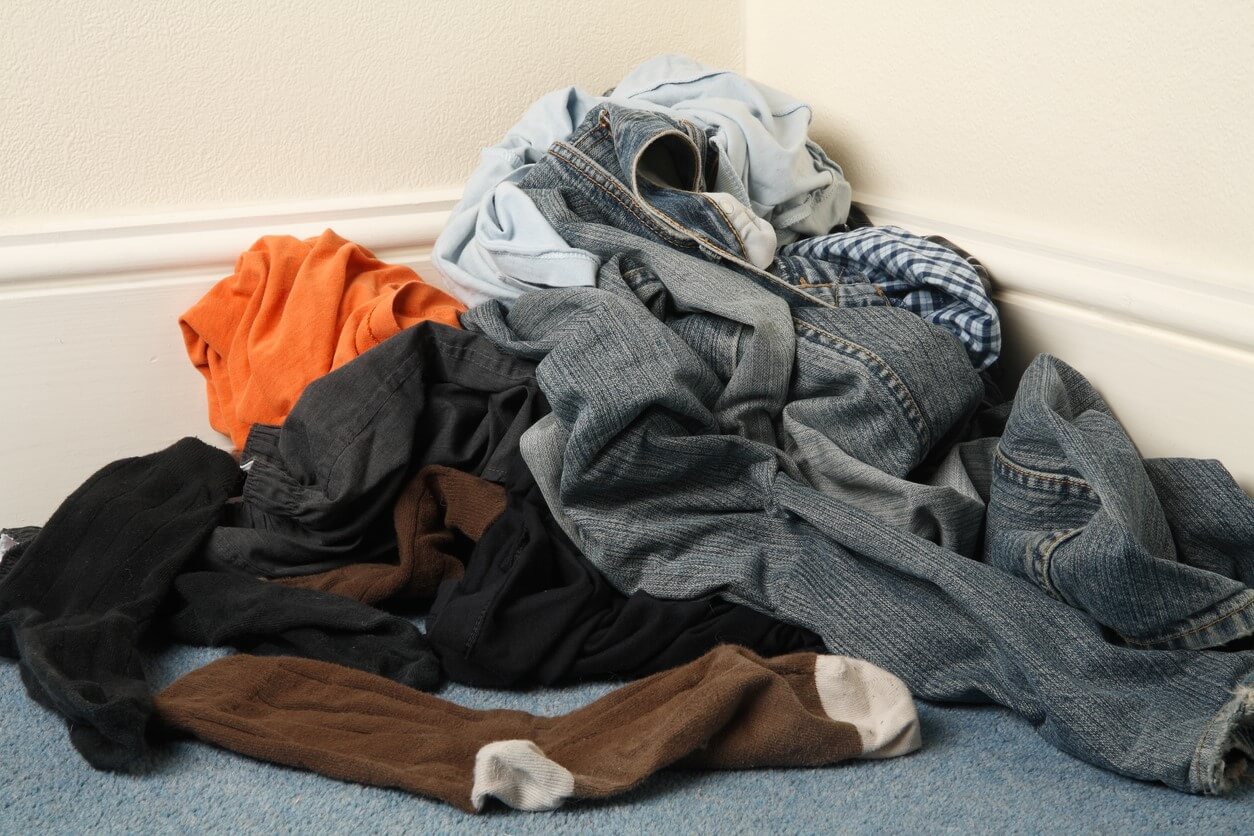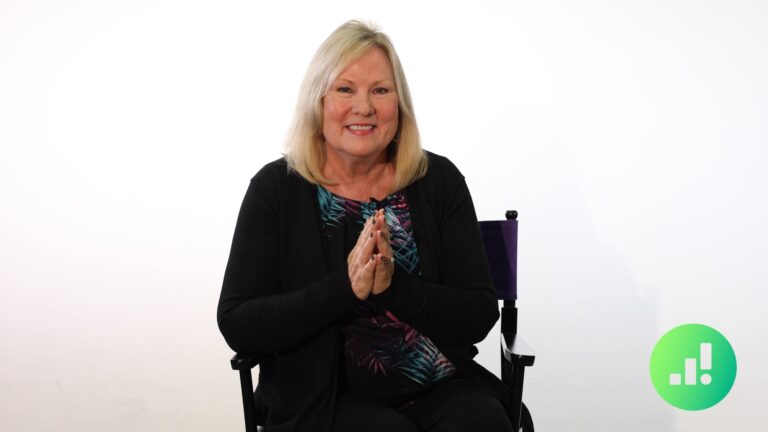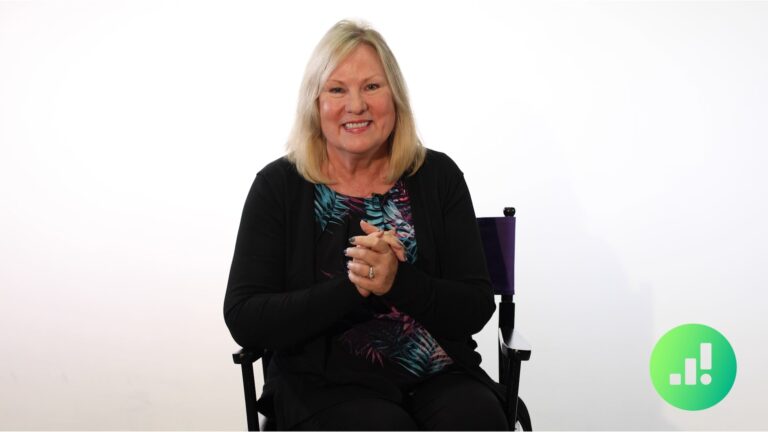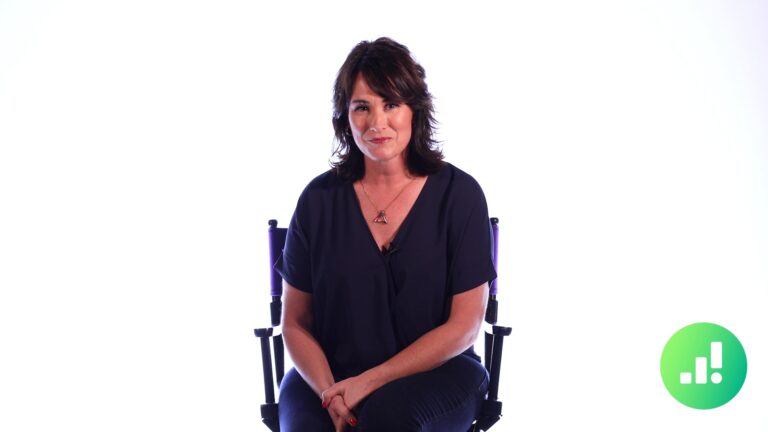Do you have dirty laundry? Or more importantly, are you particular about where you should put the dirty laundry? Sometimes. I find that too much laundry hits the floor of our bedroom rather than the hamper. You know that feeling when you walk into your bedroom, and your first reaction is “Really? You could throw your shirt almost anywhere else, but it’s on the floor. Please.”
Recently, a pile of Joe’s shirts appeared on the floor. First it was one, then as the days passed, it grew to five or six. I walked past them and felt that annoyance build in me, the voice that says, “What’s wrong with him? Why can’t he get this right?”
I decided to politely mention to Joe, with a smile, can he please work on keeping his shirts off the floor? Maybe he can keep them on the armchair that is six inches away? It’s been four whole days now, and I’ve been waiting for him to pick them up.
Then Joe mentioned that he didn’t put them on the chair since I had told him many times before that I didn’t like his shirts on the armchair. Well, yes, I have said that, but that doesn’t mean I want them on the floor. Then we were dangerously close to digging up that old argument, the one about how I can’t sit on my armchair if it’s covered in shirts.
But even as I tried to address it kindly, the disdain in my heart came out. My tone communicated: “What kind of idiot would leave their shirts on the floor? What’s wrong with you?”
I fall into this trap often. Even the simplest of Joe’s mistakes, and my pride responds, “I’m better than that, and that’s not a mistake I would make.”
Now to be fair, Joe feels the same way when he takes a dish out of the cabinet and thinks, “How did this pass inspection and get put away with this piece of crud on it?” Guilty. But it’s not my fault the dishwasher doesn’t always do its job right. He should be happy I’m even unloading the dishwasher.
But I could understand the frustration Joe felt as he pulled dirty spoon after dirty spoon from the drawer. The more spoons that didn’t meet his standards, the more I heard his tone say, “What’s wrong with you?”
Well, thanks for making me feel incompetent, Mr. Inspection Man.
Funny how we both want grace in those situations. We both want the other person to go easy on the criticism.
The secret is to separate the problem from the person.
This was advice Joe and I received early in our marriage, but it has taken us years to learn. The problem was the laundry on the floor. Valid problem, at least in my opinion. But I made Joe into the problem. The catch is learning to address the issue without making it into a personal attack. Well, at least that’s the plan. And I would only want him to do the same with me!
Separating the problem from the person means he can acknowledge that he prefers his silverware to be spic-and-span. He has the right to that preference. But if I fail in that area, he still loves me and doesn’t make me feel less-than.
Now, he gently pulls the slightly dirty spoons out (hey, it still happens) and reminds me that he’s not upset with me, and he’s sure there’s a clean spoon in there somewhere. With a smile on his face, rather than a scowl. I can tell him that I’ll work on double checking them as I pull them from the dishwasher.
When we don’t attack each other as people, we’re both way more willing to work together to find solutions.
I want to please him, not spite him. I may not agree with his preferences, but I can choose to respect them. When the person is the problem, we end up wasting time getting overly defensive. Which leads to tit for tat and a listing of wrongs.
Our pride will always find ways to make ourselves feel better-than. As Proverbs 16:18 says, “Pride goes before destruction, a haughty spirit before a fall” (NIV). When I can look at Joe and not make him the problem, we have a much better chance of solving whatever problem we are facing. We become partners rather than adversaries!
“Love is patient, love is kind. It does not envy, it does not boast, it is not proud.”—1 Corinthians 13:4
“I may not agree with his preferences, but I can choose to respect them.”
—Tara Buchanan
“Our pride will always find ways to make ourselves feel better than. When I can look at Joe and not make him the problem, we have a much better chance of solving whatever problem we are facing.”
—Tara Buchanan
























